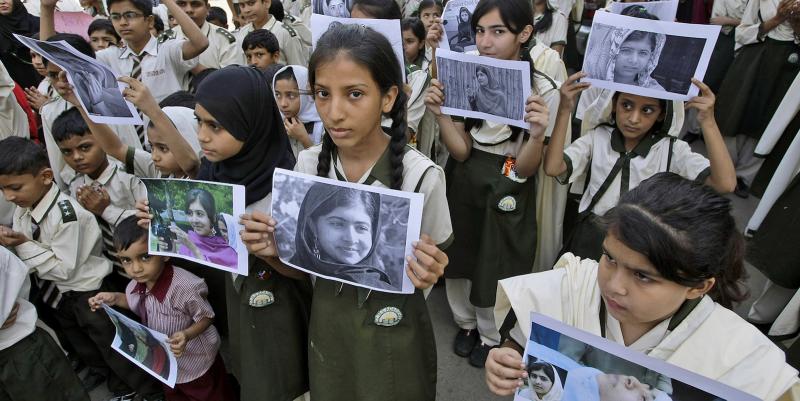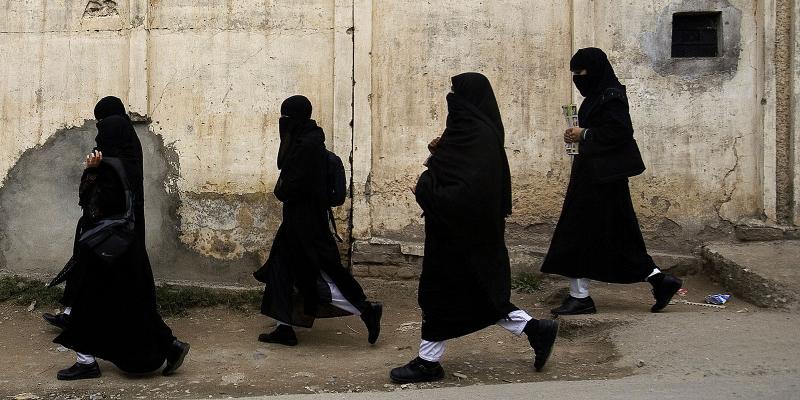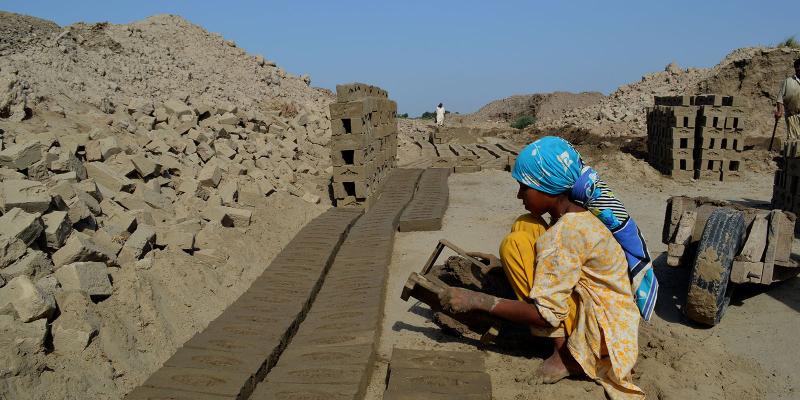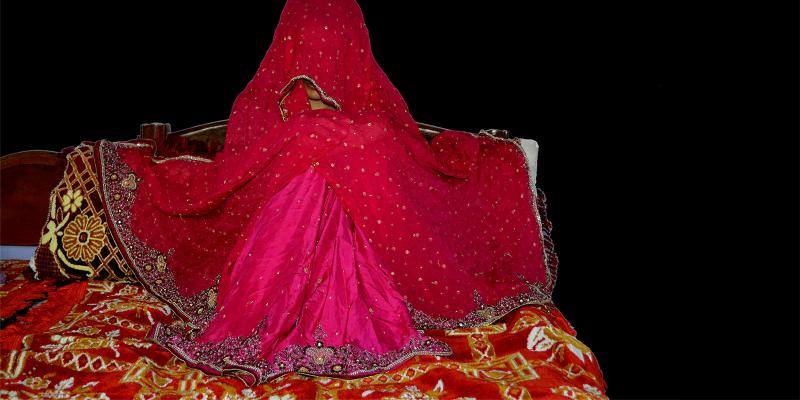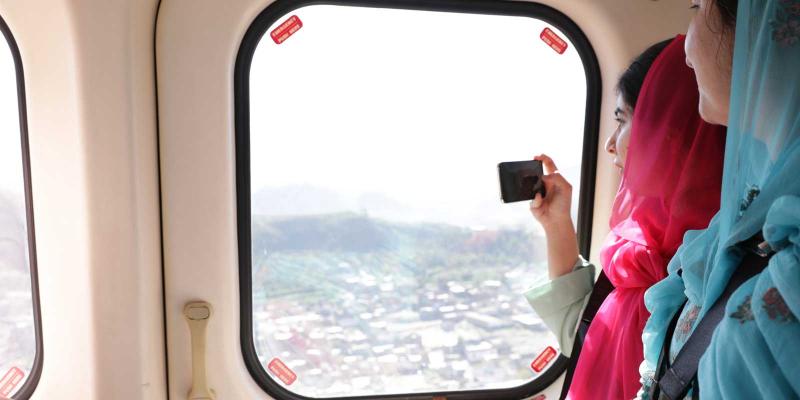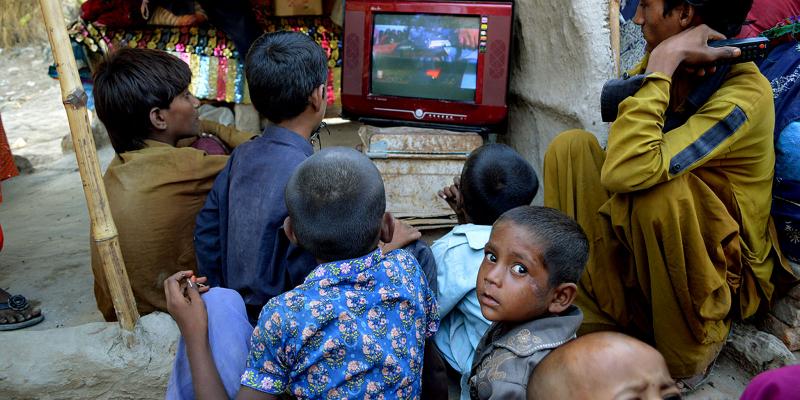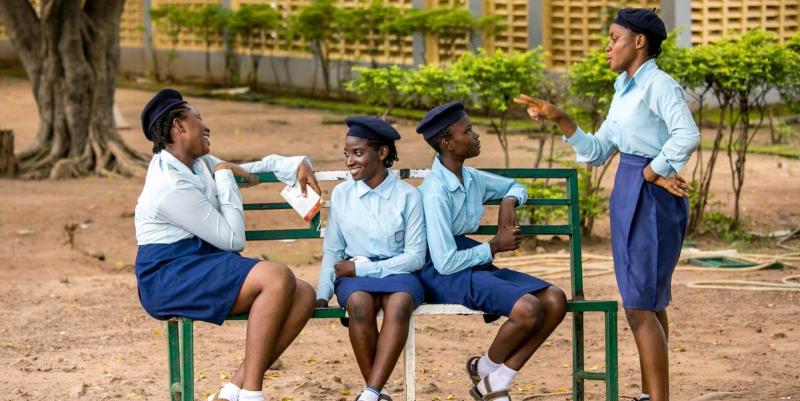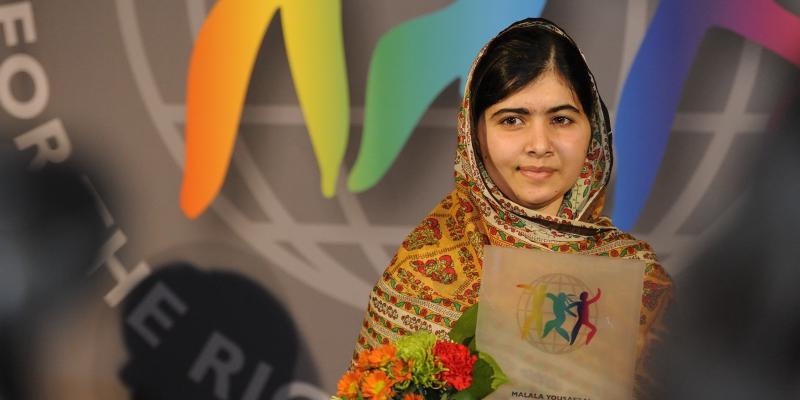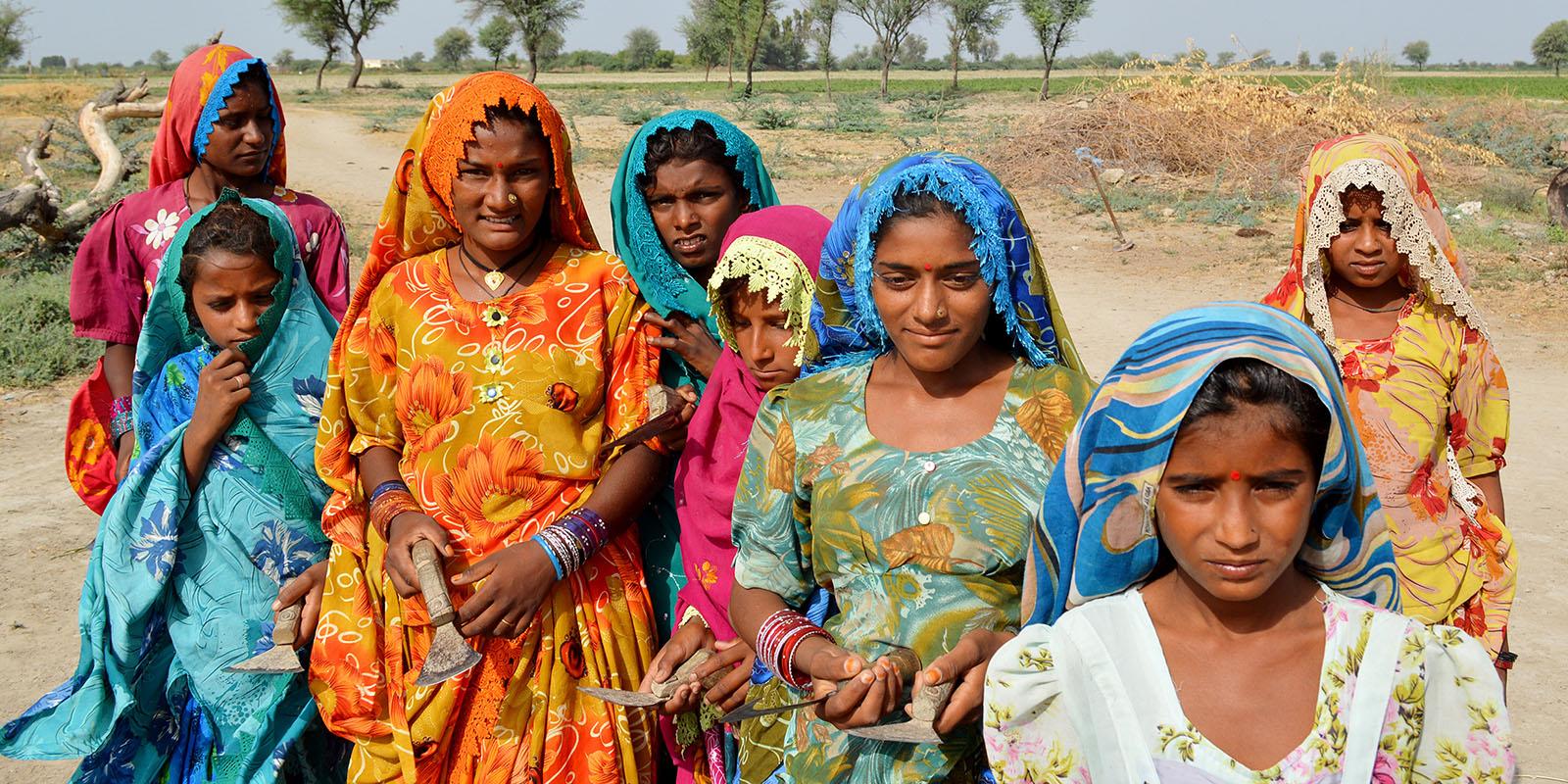
How are Pakistan’s children?
Pakistan has ratified (pledged to follow) the UN Convention on the Rights of the Child. This means that Pakistan must respect the rights of the child and listen to what children have to say. Are the rights of the child respected in Pakistan?
78 million children
193.2 million people live in Pakistan. 78 million are children, and over 24.9 million of the children are under five years old.Name and nationality
From the day you are born you have the right to have a name and to be registered as a citizen in your country. Almost 5.4 million children are born every year in Pakistan. 7 out of 10 of them are never registered. There is no documented proof that they exist!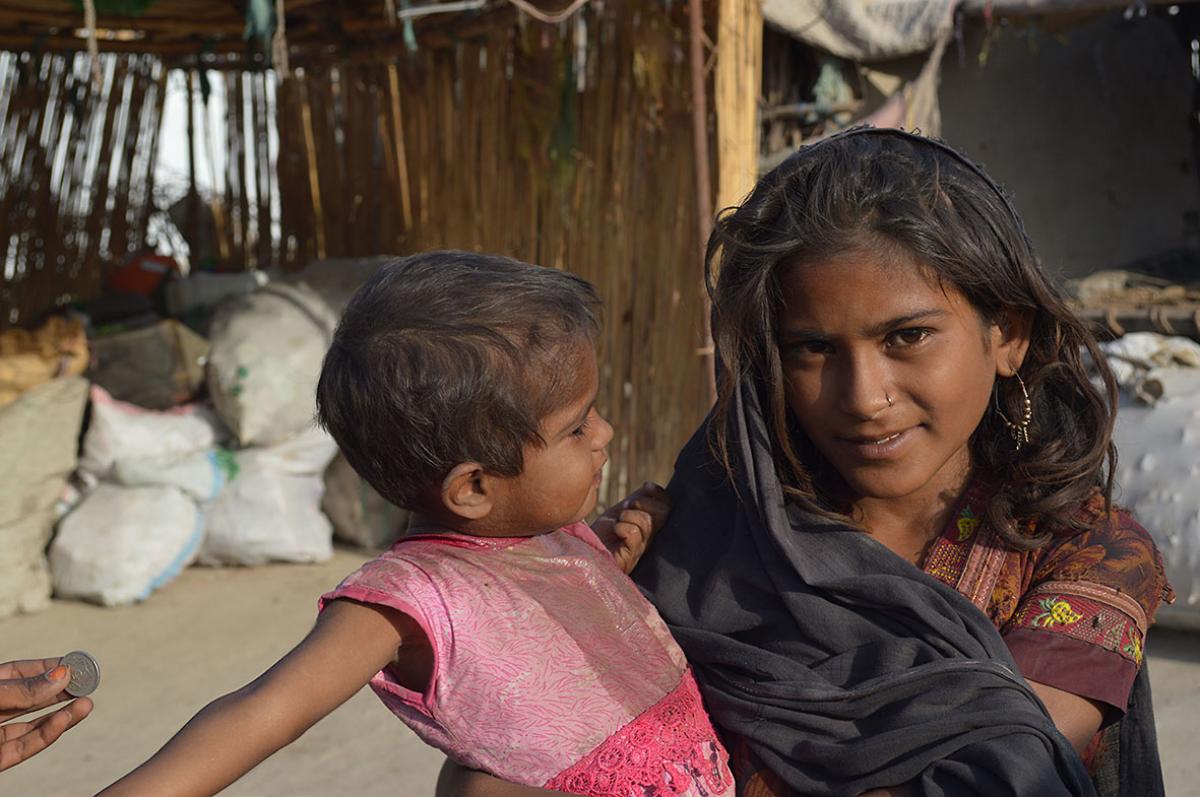
Seema, 11, cannot study because she has to take care of her younger siblings. “My mother died seven months ago. She was giving birth
and something went wrong. They took her to hospital, but she died when she got there ... Of course I want to go to school, but it’s not possible.”
©Britt-Marie Klang/WCPF
Survive and grow
You have the right to life. Pakistan must do all it can to allow children to survive and develop. 1 out of 12 children in Pakistan (424,000 every year) dies before the age of 5, usually due to causes that could have been prevented.Health and well-being
You have the right to food, clean water, medical care and the right to privacy when consulting an adult about any health problem. 9 out of 10 children in Pakistan use basic drinking water services. 6 out of 10 children use basic sanitation services.A home, clothing, food and security
You have the right to a home, food, clothing, education, health care and security. Almost 1 out of 10 children in Pakistan live in extreme poverty with less than 1.90 US-dollar (295 Pakistan Rupees) a day to live on.
WCP Child Rights Hero Malala Yousafzai from Pakistan, fights for every child’s right to a good education. ©Malin Fezehai/Malala Fund
Education
You have the right to go to school. Primary and secondary schools should be free for everyone. 7 out of 10 children in Pakistan go to school, but many of them leave school too early.Protection against violence
You have the right to protection against all forms of violence, including neglect, maltreatment and abuse. Only 58 countries have forbidden all forms of corporal punishment for children. Pakistan has not. Many schools still allow caning.
“My brothers get to go to school. In their free time they can
play. We sisters work at the loom and in the household. My
brothers never do anything. Boys and girls are treated so differently
here.” Roshni, 14.
©Britt-Marie Klang/WCPF
Hazardous child labour
You have the right to be protected against both economic exploitation and work that is hazardous to your health or which prevents you from going to school. All work is prohibited for children under 12. Some children are forced into the worst forms of child labour, such as being debt slaves, child soldiers or used for commercial sexual exploitation. A large number of children in Pakistan have to work.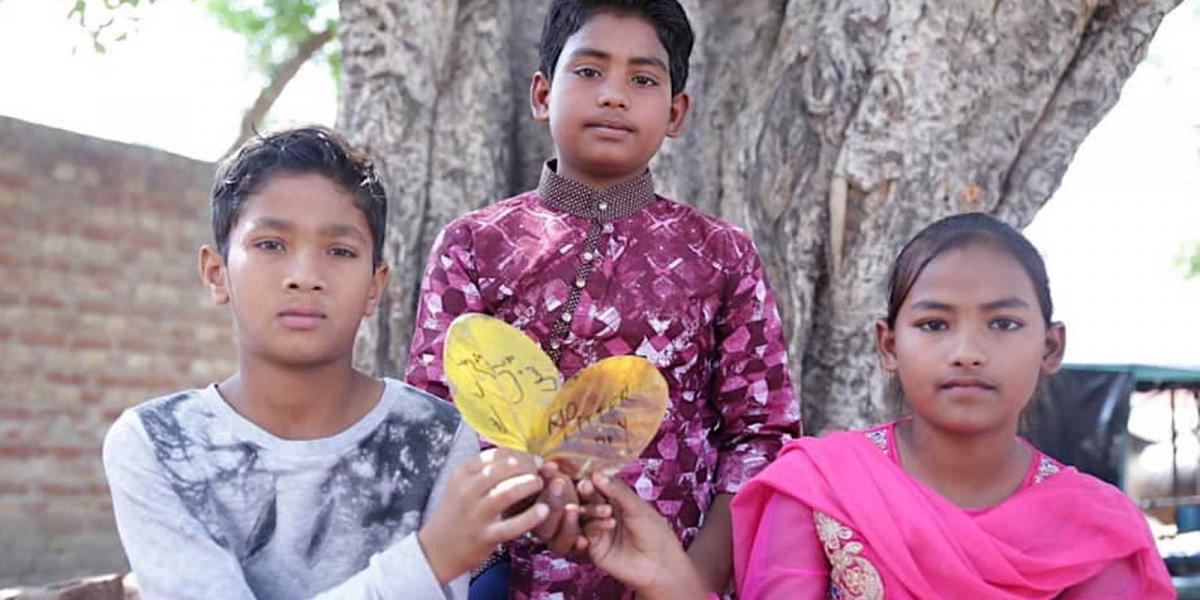
Children in Pakistan stand up for the environment on No Litter Day.
Your voice must be heard
You have the right to say what you think about any issue that affects you. The adults should listen to the child’s opinion before they make decisions, which must always be made in the best interest of the child!Related stories
WORLD'S CHILDRENS PRIZE FOUNDATION
Långgatan 13, 647 30, Mariefred, Sweden
Phone: +46-159-129 00 info@worldschildrensprize.org
© 2020 World’s Children’s Prize Foundation. All rights reserved. WORLD'S CHILDREN'S PRIZE®, the Foundation's logo, WORLD'S CHILDREN'S PRIZE FOR THE RIGHTS OF THE CHILD®, WORLD'S CHILDREN'S PARLIAMENT®, WORLD'S CHILDREN'S OMBUDSMAN®, WORLD'S CHILDREN'S PRESS CONFERENCE® and YOU ME EQUAL RIGHTS are service marks of the Foundation.


x
x
x

